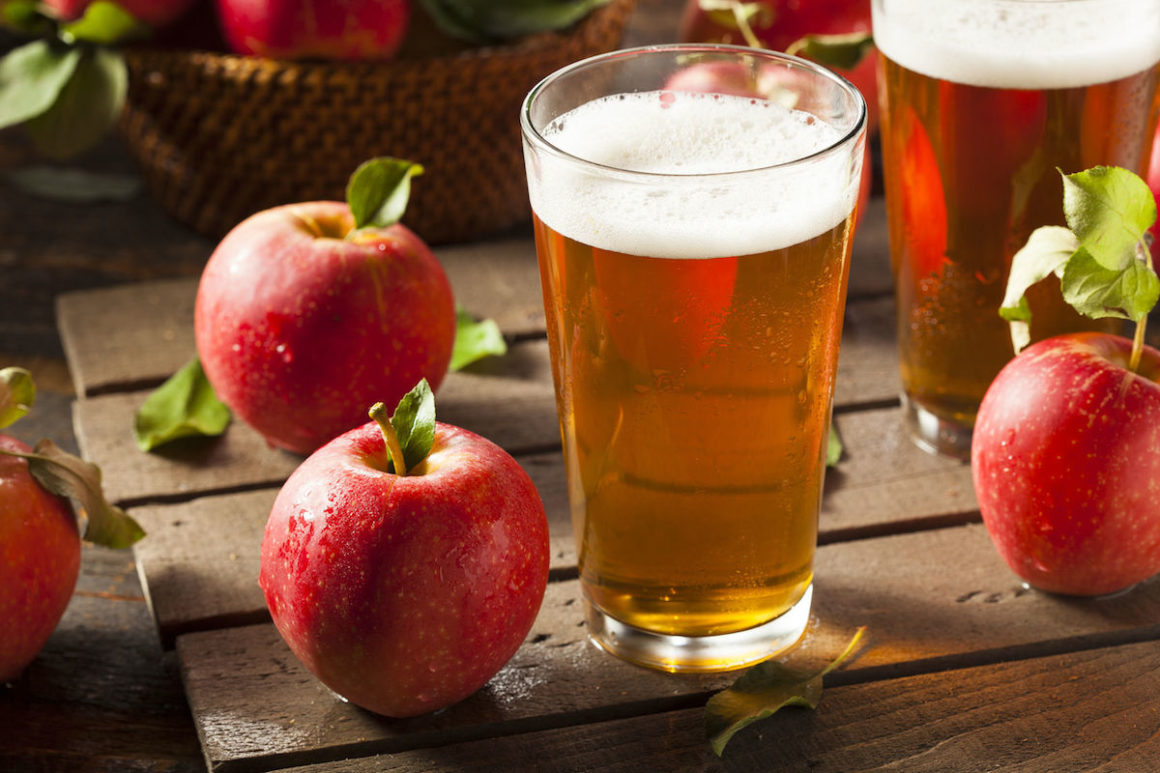Is artisanal hard cider gaining on craft beer? Sales of American cider are surging at an exponential rate, doubling from 2012 to 2013, and exceeding 75 percent from 2013 to 2014. Why? Craft beer has created a marketplace in which consumer choice is of paramount importance. Changing attitudes toward gluten play a role as well. Social drinkers who suffer from celiac disease or who are under doctor’s orders to avoid ingesting wheat and wheat-based foods increasingly expect their local watering holes to have some sort of beer alternative on tap. Moreover, ciders offer brewers an opportunity to develop entirely new markets, especially among young, affluent drinking-age consumers — especially women.
Introducing the CIDER Act
Diet and demographics aside, however, cider makers have, up until this year, struggled with somewhat antiquated (Prohibition-era) federal statutes establishing not only what cider is, but also how commerce surrounding cider is to be regulated. But with President Barack Obama’s signing of the CIDER (“Cider Industry Deserves Equal Regulation”) Act on December 18, 2015, cider makers, following the leadership of the United States Association of Cider Makers (USACM), are now poised to become even more competitive in an already crowded and aggressive alcoholic beverage marketplace.
You don’t need to be a legal expert to enjoy either an intensely hoppy IPA or a tinglingly dry apple cider, but understanding how beer, wine, flavored malt beverages (FMBs) and so on arrive in the marketplace — and the tax burdens producers assume in their quest to stimulate your taste buds — is essential to appreciating the unprecedented variety characterizing the craft beer renaissance.
What does the CIDER Act mean?
So, what are the key provisions of the CIDER Act, and what do those provisions mean for anyone looking for a light, crisp, fruity refresher? Interestingly, the CIDER Act alters nothing on the books at the Food and Drug Administration (FDA), nor does it specify any action on the part of the Bureau of Alcohol, Tobacco and Firearms (ATF). Instead, the CIDER Act amends major sections of the Internal Revenue Code. (Yes, the reason American cider has tasted the way it has is because of tax law.)
Prior to the CIDER Act, every hard cider was an apple cider. Any juice extracted from a fruit or fruits other than apples and then fermented belonged in a higher tax bracket. Producers incurred extra expenses if they wanted to augment their ciders with new or complementary ingredients: pear, strawberry, etc. With the addition of “derived primarily” language, producers are free to experiment with their recipes and encourage drinkers to explore their appetites.
Down with taxes, up with bubbles and ABV
If producers wanted their ciders to bubble more, chemistry presented a hefty obstacle. That is, ciders with higher levels of carbonation — anything above a legal limit of 3.92 grams per meter — were more heavily taxed, just as Champagne is subject to higher taxation than Chardonnay. (For all the U.S. government’s intents and purposes, cider is still considered a wine and not a beer.) The issue for cider makers here is that some fruits, such as pears, are more sugary than apples and, to achieve dryness, must ferment longer, generating more carbon dioxide as that sugar is consumed by the same kind of microorganisms that make wort into beer and milk into cheese. As with certain sparkling beers, think Belgian tripel, higher levels of carbonation are also essential to properly activating and circulating the volatile compounds that give the cider its distinct zest.
The CIDER Act also raises the tax cutoff for ciders to 8.5% ABV. (To put this number in perspective, English ciders have always been measured according to that 8.5 figure, and some European ciders exceed 11% ABV.) Prior to the act, any cider of 7% ABV or higher was taxed at a dollar more per gallon than a cider of, say 6.9% ABV. Though some industry insiders are hesitant to admit as much, certain producers would indeed water down their ciders in order to avoid this tax hike. The effect on the flavor, potency and sheer palatableness of the cider? Detrimental, to say the least.
The CIDER Act does not fully go into effect until December 2016. But, when it does, expect to encounter ciders derived from a more diverse array of fruits, sparkling, with greater alcohol content and endowed with more piquancy and less syrup.
Are you a dry or sweet cider fan? Which cider is your go-to drink when one more beer feels like one more beer too many? Is your neighborhood or town about to welcome a local cidery? Share your cider stories with the Beerknurd community in the comments below and at your local Flying Saucer.








